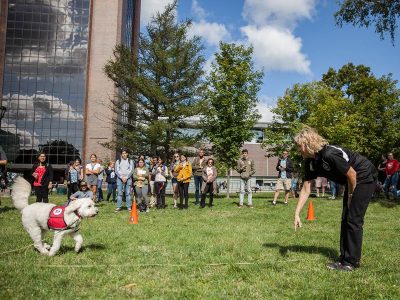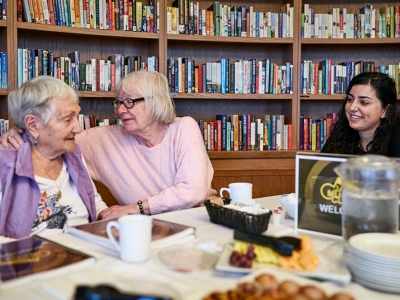By Ellen Tsaprailis
Carleton alum Jordan Gray has a newly created job with the federal government that allows him to focus full time on issues around racism and equality.
He’s been hired as an adviser in the recently-formed Diversity, Inclusion and Anti-Racism secretariat within Crown-Indigenous Relations and Northern Affairs Canada (CIRNAC).
Born and raised in Mississauga, Ont., Gray is of Caribbean and Indigenous descent. His mother is from Trinidad and his father is Mi’kmaw. Gray has spoken publicly about dealing with racism in Canada and those experiences have shaped his perception of Black History Month.
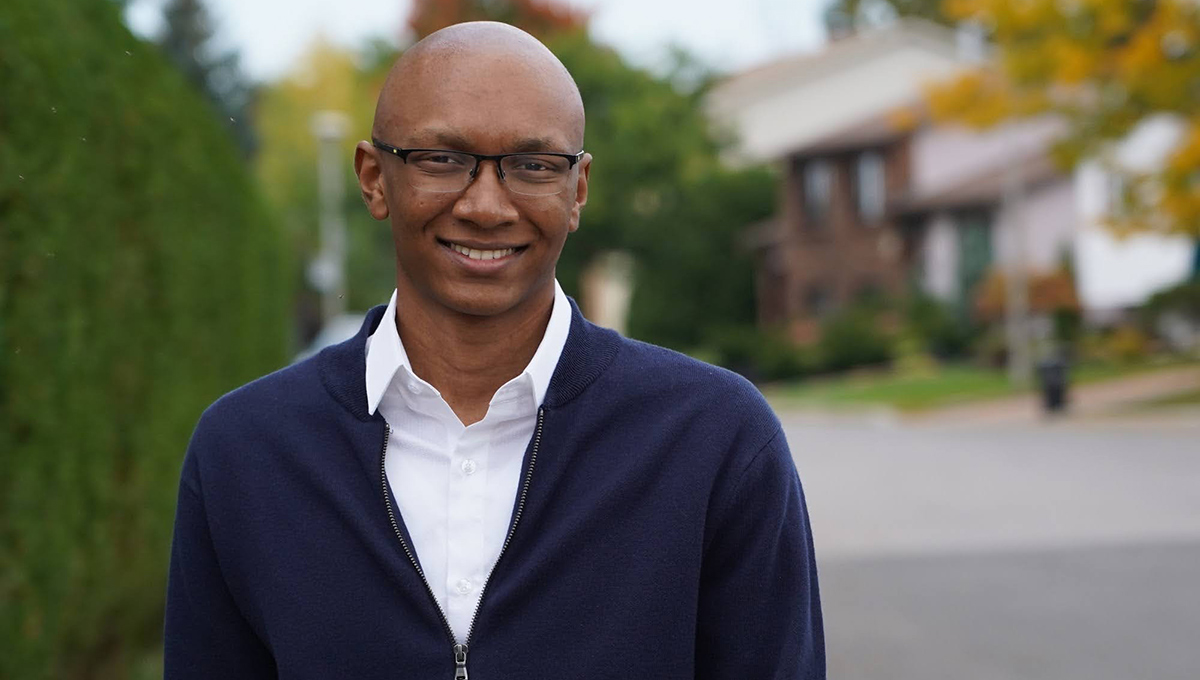
Jordan Gray
“For me, it’s not just a month. This is my whole life,” says Gray.
“It is always an opportunity to pause and to reflect specifically on the Black community and Black people in Canada. We are still in the UN decade so we’re also looking at Black Canadians’ contribution globally and, for me, we are still in a fight for justice and for equality.
“The positive of this month is that it is an opportunity for others to recognize the need for action. If there was no need for action, we wouldn’t have a Black History Month. It’s a bittersweet moment that we have it because otherwise when else would be this time to say: ‘Hey, remember we still aren’t equal, and we still don’t have justice?’ That’s why it’s important to have, but the fact that we still have it—that is the tragedy.”
A successful scholar, Gray won six awards for his leadership and academic standing while at Carleton and presented Indigenous research on three continents. He was the first student from Carleton to attend the World Congress on undergraduate research and his project on the need to preserve Indigenous languages gave him the opportunity to speak at the United Nations in New York City.
The Bachelor of Global and International Studies (Honours) graduate, who specialized in history, spoke alongside Prime Minister Justin Trudeau to fellow graduates across Canada during a nationally-televised celebration for all Canadians who had completed their post-secondary degrees online last spring.
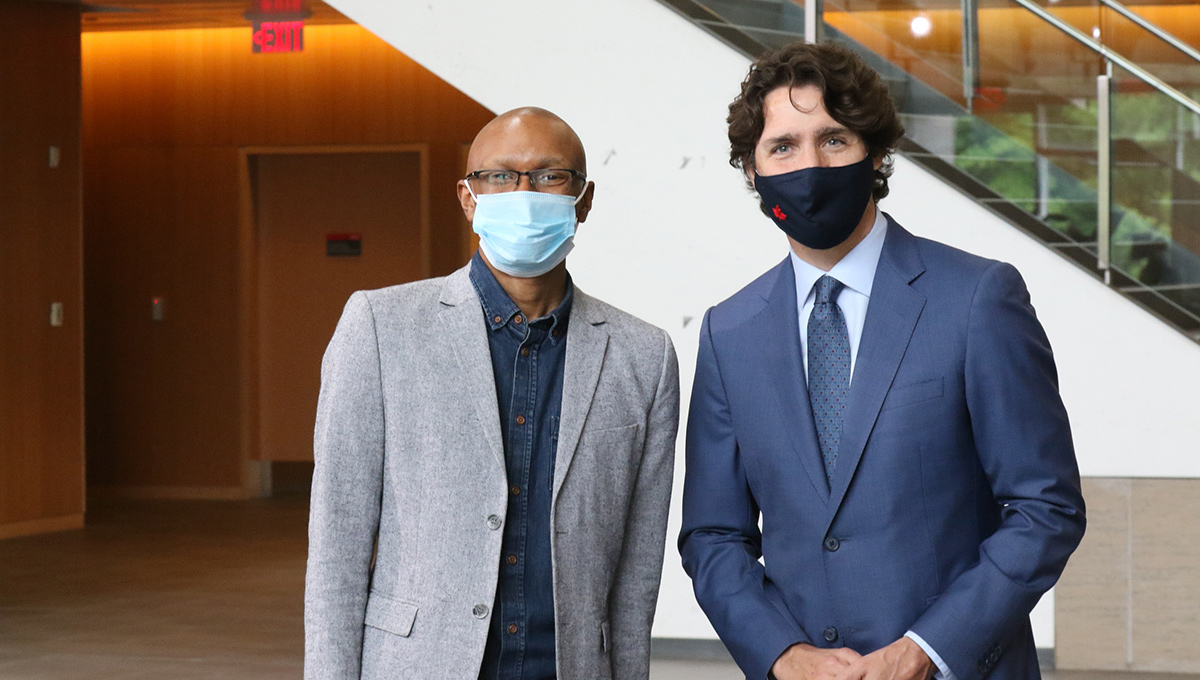
Global and international studies graduate Jordan Gray and Canadian Prime Minister Justin Trudeau
At CIRNAC, the new secretariat aims to put real focus on making structural changes to enhance the well-being and day-to-day experience for employment equity-seeking groups and individuals.
“Personally, my role is thinking about the structure,” says Gray. “When I was at the UN most recently, this is what I was speaking about: How institutions operate and how institutions themselves have racism and have racist ideas built into the mandate and their organizational structure.
“My immediate vision is (about) how are we going to shift the culture of the department to take on a more active approach to incorporating diversity and inclusion and anti-racism thinking in our makeup. I am using an evidence-based approach and am leading efforts to establish an initial data set for the department that will compile, analyze and disaggregate our data for diversity and inclusion and how it is affecting employment equity-seeking groups.”
While a lot has slipped through the cracks in institutions without the capacity to bring about real change, Gray says the Canadian government now has momentum to solve equity issues and is investing to incorporate change faster.
“Now that this is my full-time job, we have brand new capacity to do this,” says Gray. “We have issues of race being spoken about by all political parties as something we need to move on. Honestly, never in my life did I think that all political parties would be speaking in the same vein: that we must move urgently towards finding a solution.
“We are focused in our approach because this is our job, this is what we are doing.”
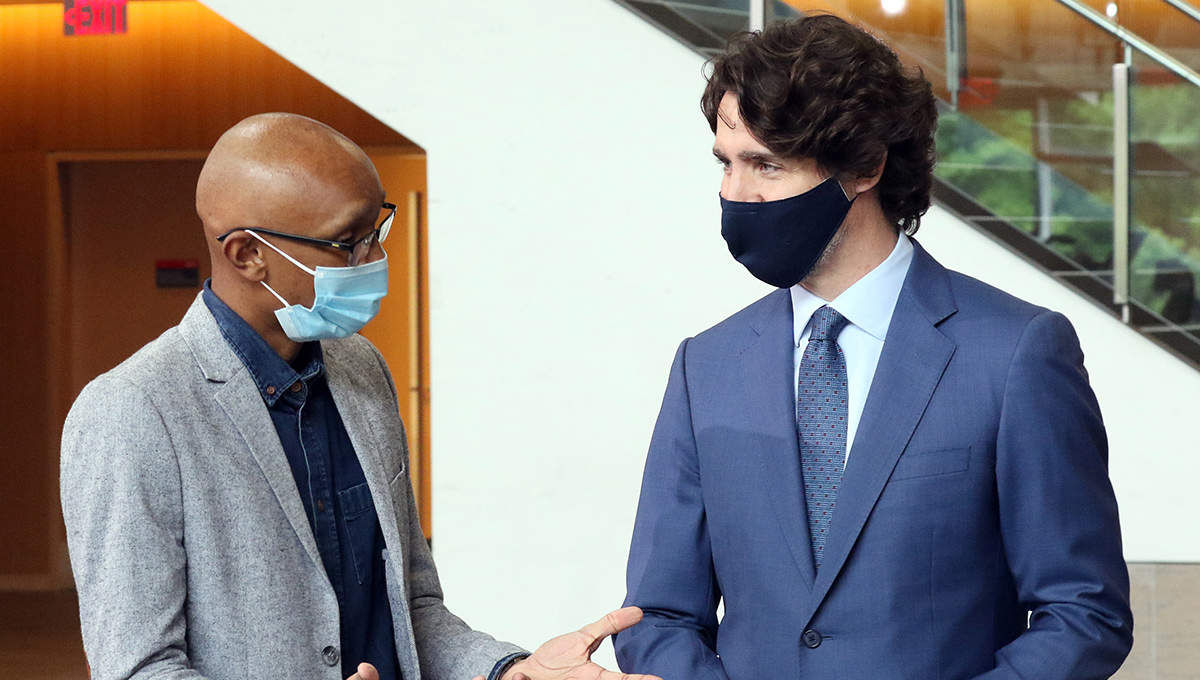
During Black History Month, Carleton University is celebrating the many achievements and contributions of our Black community members. Visit our Black History Month page through the month of February to read new stories about our staff, faculty, students and alumni.
Friday, February 19, 2021 in Alumni, Government
Share: Twitter, Facebook

